How hard is it to break out of the international bubble?
‘Our Dutch classmates don't want to speak English’
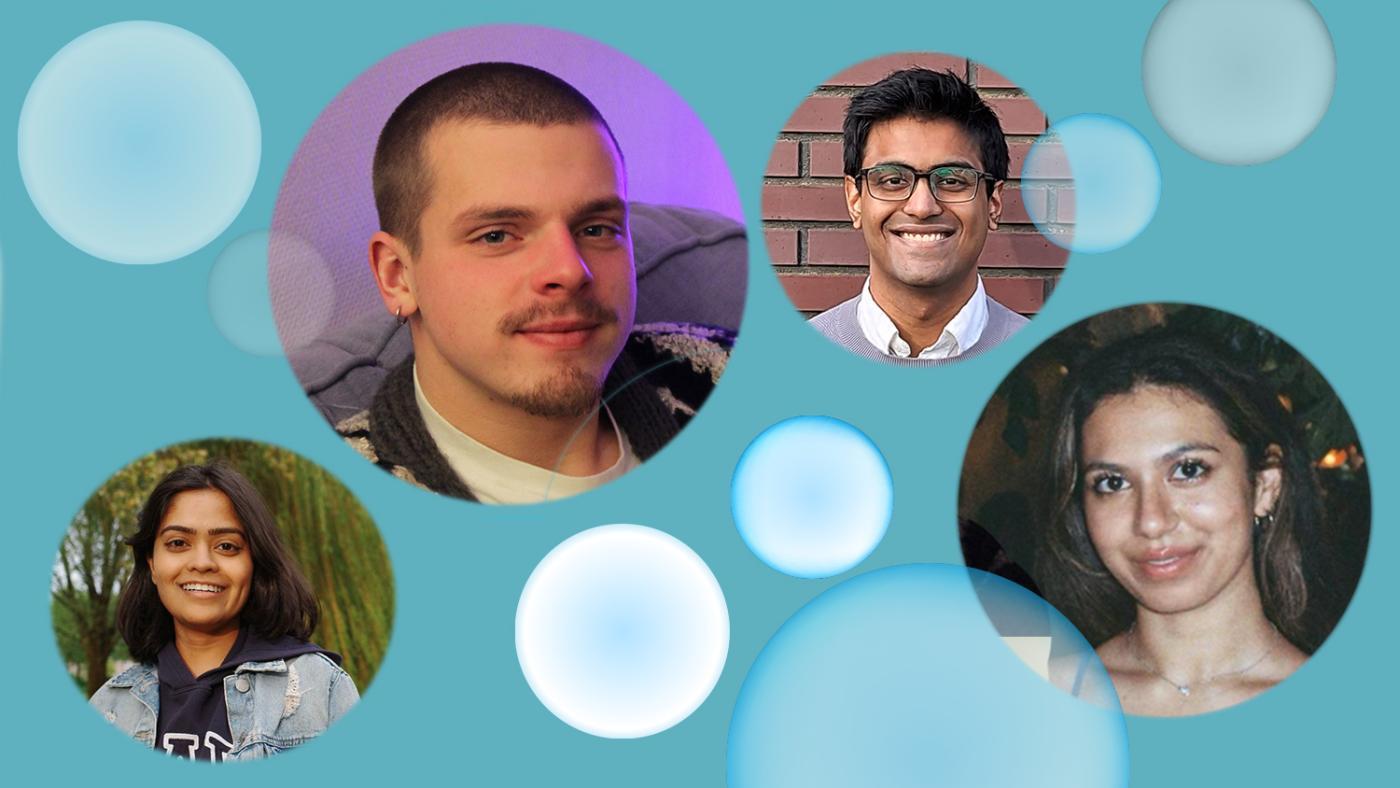
‘The language barrier is bigger than I thought’
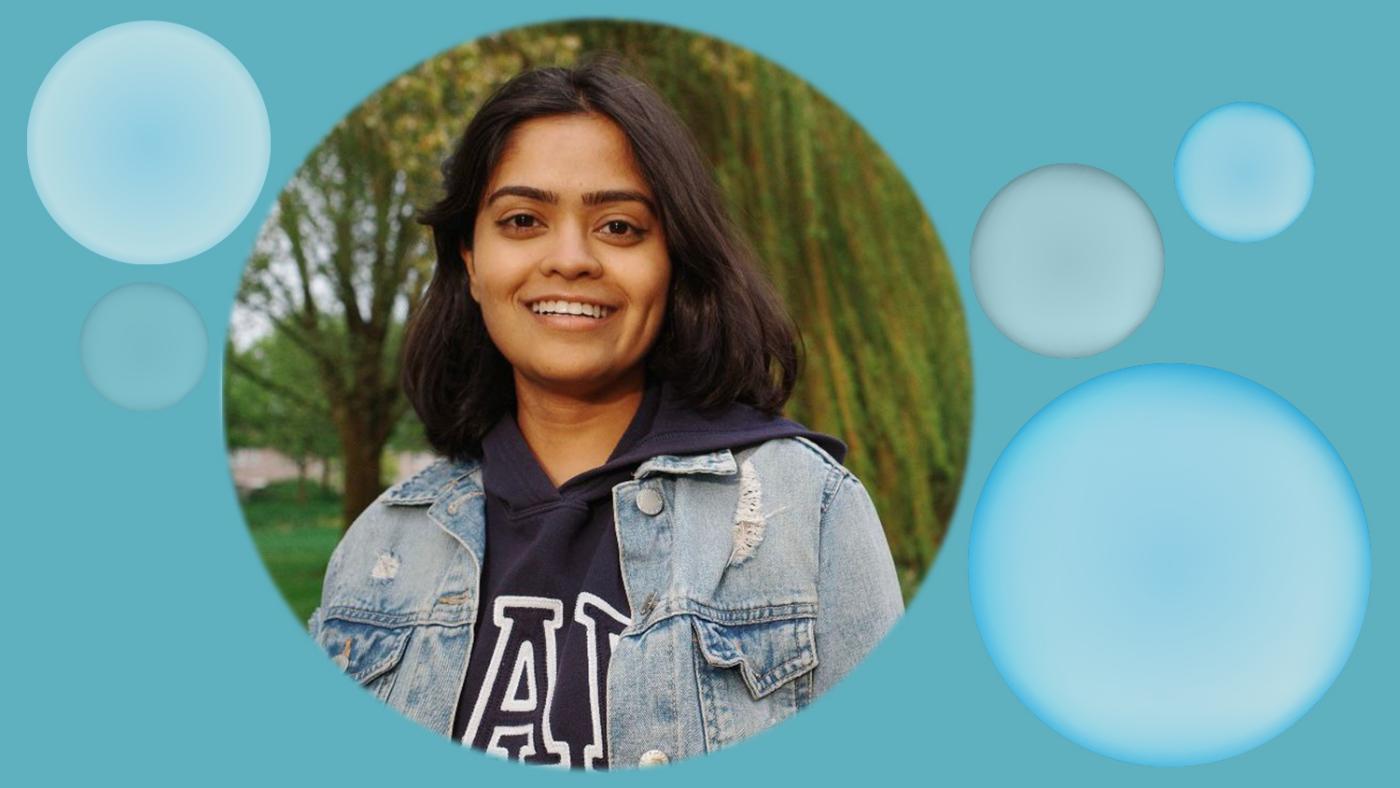
When Pooja Chauhan, a Master's student of Epidemiology from India, first arrived in Utrecht, she did not understand why international first-year students were treated differently than their Dutch counterparts. While other departments organised several activities, including parties, as part of the introduction week, the epidemiologists had pizza in a classroom, an activity that didn't help them meet other people.
Even at her study association, she was surprised at every turn, as all the social activities were conducted in Dutch. "Everyone just refuses to speak English at these dinners. I felt like a piece of furniture in the corner... Only two internationals were part of that research group, so we just stopped going. There was no point to it, we were wasting our money."
She is now taking a Dutch course, but that was her own initiative because UU never informed her about the courses it offers. "I would like to stay and work here, but if you don't speak Dutch, some professors will not hire you for their research, even if your CV is better than that of others. They will turn you down even if the language is not important for the project. That is just not fair."
No one ever told her that the Dutch language would be so important. Dutch is required even for part-time jobs in restaurants or fashion stores. "I can only work at Asian or Indian restaurants."
For all these reasons, Pooja does not know many Dutch people apart from her boyfriend. She and other international students have tried to arrange joint social activities outside of the Master's programme, to no avail. "They don't come. I invite them but nobody bothers. I have been here for two years, but no, never." She never managed to get a room in a Dutch student house, either. "It was specifically written in the advertisements: 'No internationals.'"
‘Learning Dutch helps, but it is still awkward sometimes'
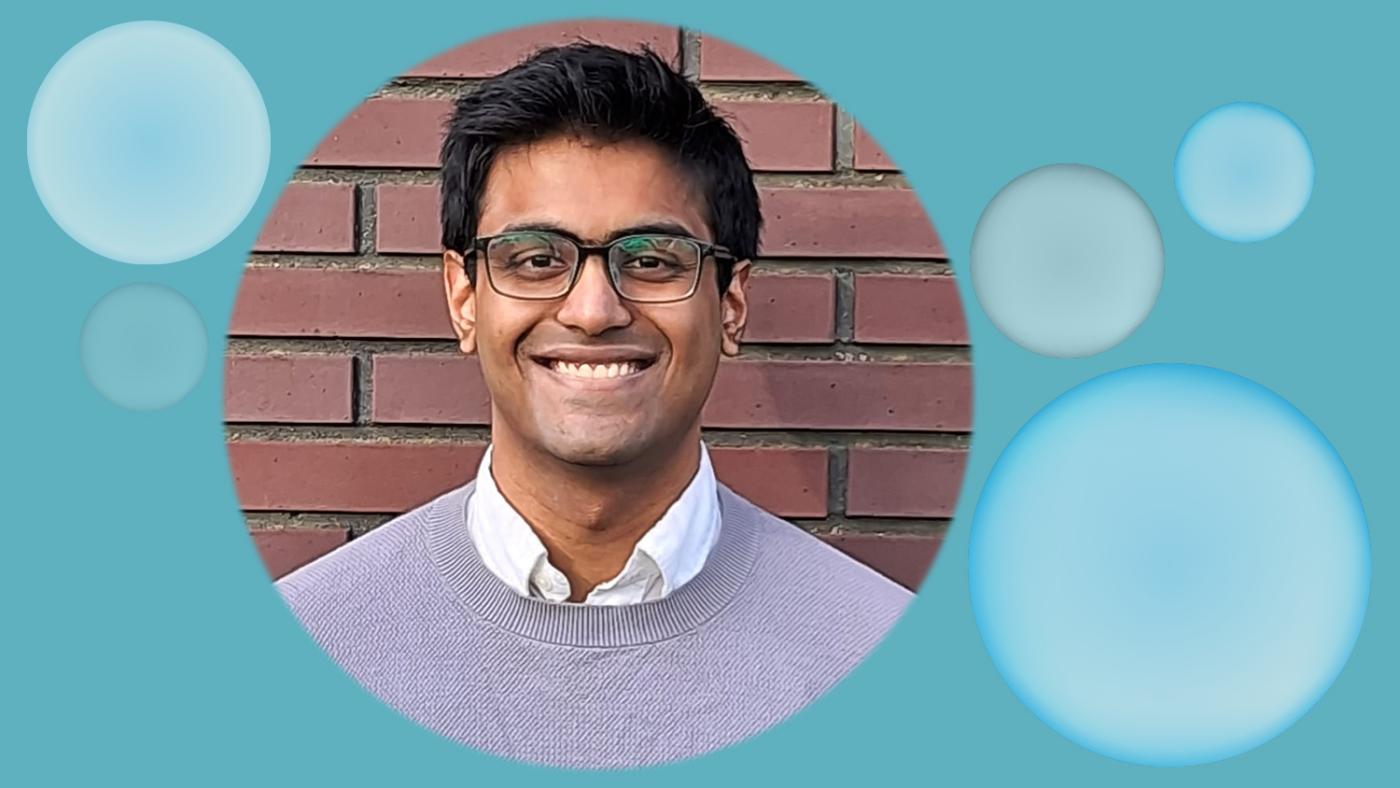
Anish Arun, studies at UCU and also comes from India. He has taken the 30-credit Dutch courses offered by the programme. "It definitely helped me, especially considering I could practice while working as a freelancer in the hospitality sector. However, I work 16 hours a week and have to follow three courses in my programme. It's hard to study Dutch in addition to all that."
But Anish thinks it is important to persevere, not only to enrich his time in the Netherlands but also to avoid being discriminated by the Dutch. He can now have a decent conversation in Dutch, but it took a lot of effort to get to that level.
"If integration is such a major thing, language is an important aspect of that. I think the university could do more for international students who want to learn Dutch. Maybe it could subsidise affordable language courses. That said, I understand that UCU does not offer more courses because the Dutch language is not the focus of the programme and there is only so much that can be done with the budget cuts."
Learning Dutch in one's spare time is a completely different story if you're a non-European student. Anish could only take this course, which costs 16,000 euros a year, by taking out two loans. He does not have the money to explore the city and mingle with the Dutch.
"Many internationals come to the Netherlands with only one shot to make the most out of this experience because they have invested so much into this: so much time, money, and effort. So, you really must focus on your top priority, which is making the most out of the place, your grades, and your CV."
‘The Dutch always switch to English for me’
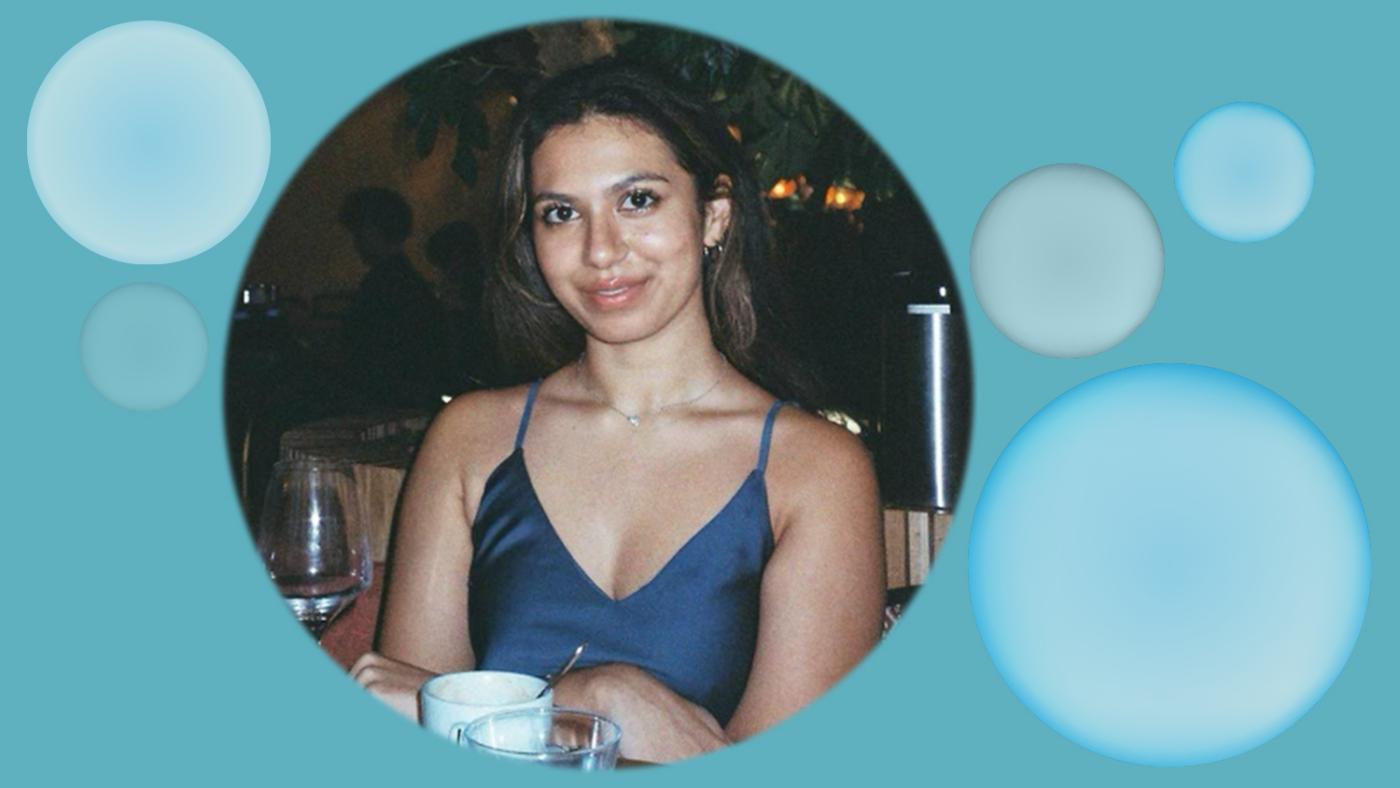
Bianca Mascarenhas, who has Indian, American and Austrian roots, studied at UCU and is now pursuing a Master's degree in Molecular & Cellular Life Sciences at UU. She has managed to make Dutch friends and also lives in a house with Dutch people. And she did so without learning Dutch. She doesn't feel the need to neither of those things. "Normally, small groups form according to nationality or language. Italians will stick to other Italians, for example. But, as a third-culture kid, I am not tied to a specific identity. That probably makes it easier to make Dutch friends."
This "third-culture kid" mentality is the result of having moved around a lot, mostly living in countries whose language she did not speak. "I just think it is an international mindset. I am used to not understanding everything. When I went back to California, I didn't like being able to understand all the conversations around me. I like not understanding, I am used to it."
Despite her lack of Dutch language skills, she does not feel less integrated. Services like language buddies or Dutch courses do not appeal to her, mainly because of what she sees as the biggest advantage of the Netherlands: "Whether I'm at a bar or restaurant or with my friends, the Dutch always switch to English for me. It makes me feel warm and fuzzy."
'Even at the Dutch rugby club, I'm part of the international group'
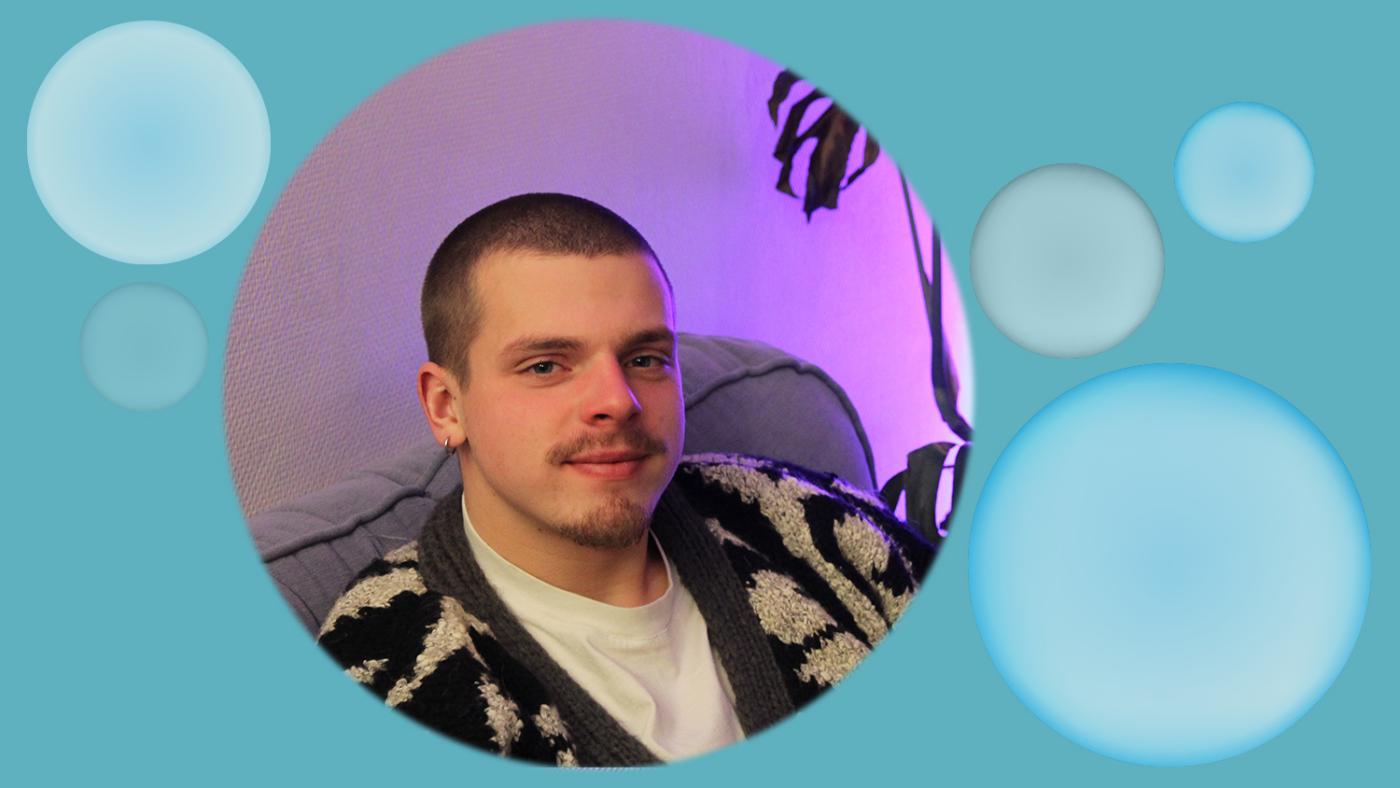
Sid Kennedy is studying at University College Utrecht (UCU). He has barely learned any Dutch in three years. "But that's logical, I am not exposed to Dutch at uni. Everyone speaks English there. I actually have more exposure to Italian than Dutch."
The only place where he occasionally sees Dutch messages is in the group chats of the Utrecht Rugby Club. "But even there I fall back into the international bubble and spend most of my time with other internationals. Dutch students quickly switch back to their native language, even though the training sessions are supposed to be in English. But that's understandable."
Although UCU offers services like language buddies and cafés, he does not feel like making use of those. "I came here for the international environment. I grew up in such an environment and identify with it." In addition, he wants to continue his studies in another country, so there is not much of an incentive to learn. "Dutch is not useful in other places."
Sid, who is of Spanish and British descent, is aware his experience as a student in the Netherlands is different due to his lack of Dutch skills. "I am not sure I could have gotten to that level of Dutch. I can have a rich life in English on the UCU campus. Yes, maybe it involves a smaller amount of people, but I can have much deeper conversations with them."